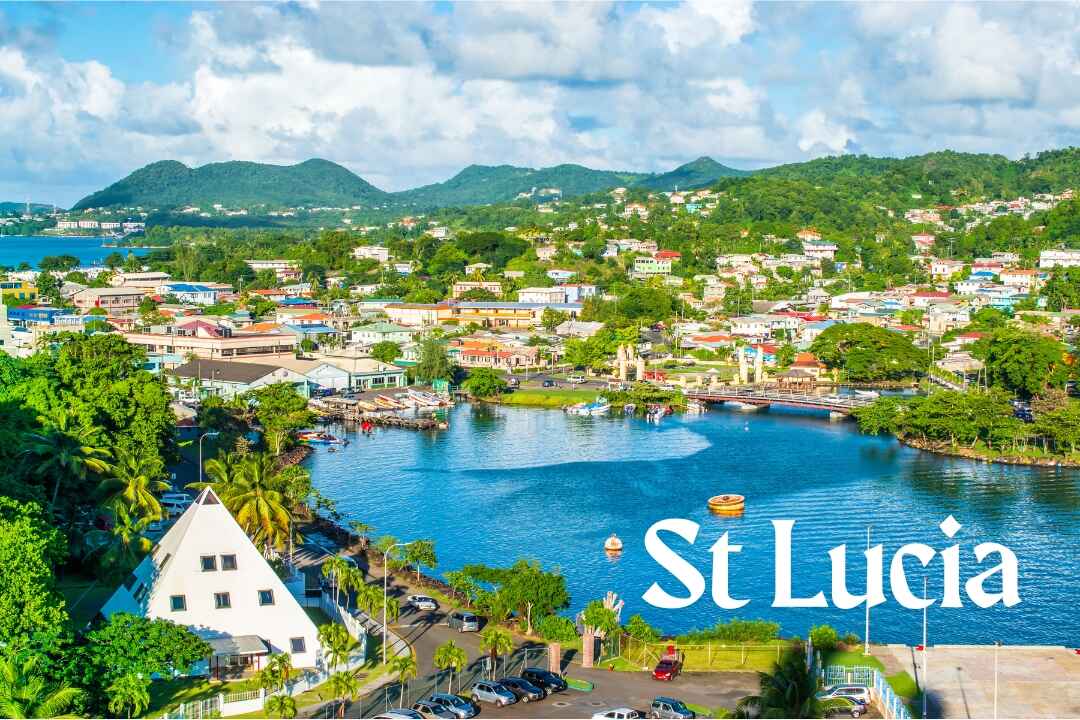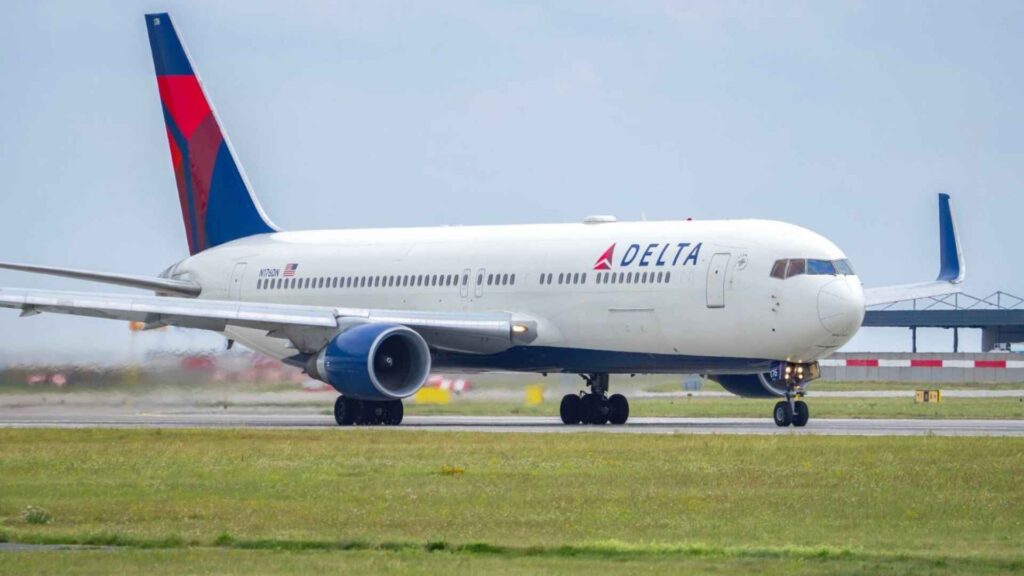St Lucia, nestled in the eastern Caribbean, is known for its volcanic beaches, lush rainforests, and the iconic Piton mountains. While the island boasts stunning landscapes and rich cultural experiences, travelers often ask a crucial question before planning their trip: Is St Lucia safe in 2025?
This updated travel and living safety guide covers everything tourists, expats, families, and solo travelers need to know—from crime rates and travel advisories to health precautions and neighborhood safety. For real-time updates, refer to the U.S. State Department Travel Advisory for St Lucia.
Why Visit St Lucia in 2025?
St Lucia remains one of the most desirable Caribbean travel destinations in 2025. Its political stability, friendly English-speaking locals, and mix of adventure and luxury make it attractive to couples, retirees, digital nomads, and families alike.
Top reasons to visit St Lucia:
- The Pitons (UNESCO World Heritage Site)
- Sulphur Springs and mineral baths
- Diamond Botanical Gardens
- Pigeon Island National Landmark
- Marigot Bay and Rodney Bay for beaches, resorts, and nightlife
With consistent flight access and warm hospitality, St Lucia is a top choice for Caribbean getaways. You can verify current entry policies on the St Lucia Official Tourism Authority site.
Is St Lucia Safe in 2025?
Yes, St Lucia is generally safe in 2025 for tourists, expats, and families who follow basic safety guidelines. While there are pockets of crime, they rarely affect visitors. The U.S. State Department lists St Lucia as a Level 1 travel destination, meaning travelers should exercise normal precautions.
Crime in St Lucia
Most crimes in St Lucia are non-violent and involve opportunistic theft, especially in busy areas. Violent crimes are usually restricted to local disputes or gang activity in specific urban neighborhoods.
Key crime facts for 2025:
- Petty theft (bags, phones, wallets) in markets or beaches
- Violent crimes confined mostly to isolated zones in Castries
Tourist-targeted crime is rare in resort zones
Neighborhoods to avoid at night:
- Wilton’s Yard (Castries)
- Marchand (Castries)
- Conway (Castries waterfront)
Staying alert, using trusted transportation, and avoiding isolated areas at night significantly reduces your risk.
Safest Places to Stay in St Lucia
- Rodney Bay – Popular with tourists; features hotels, beaches, shops
- Marigot Bay – Peaceful, upscale area for relaxation
- Soufrière – Great for eco-tourism and boutique resorts
- Vieux Fort – Home to the main airport and serene southern beaches
Safety for Solo Female Travelers in St Lucia
St Lucia is relatively safe for solo female travelers in 2025. While catcalling can happen in some areas, it’s typically non-threatening. Most solo female tourists report pleasant experiences, especially when staying in reputable accommodations.
Travel safety tips for women:
- Choose well-reviewed hotels or Airbnbs
- Avoid walking alone at night
- Don’t accept drinks or rides from strangers
- Keep a copy of your ID and emergency contacts
Dressing modestly and being assertive when approached helps avoid unwanted attention.
LGBTQ+ Safety in St Lucia in 2025
Same-sex intimacy remains technically illegal in St Lucia, but the law is not enforced. Public displays of affection may attract attention, especially outside tourist zones. For up-to-date LGBTQ+ rights by region, consult ILGA World’s sexual orientation laws map.
Safety tips for LGBTQ+ travelers:
- Stay at inclusive or LGBTQ+-friendly resorts
- Exercise discretion in rural or conservative areas
- Avoid PDA in public spaces outside hotels
LGBTQ+ travelers are advised to research hotel policies and local norms before arrival.
Entry Requirements and Health Guidelines for 2025
Visa Requirements
- No visa is needed for stays up to 90 days for citizens of the U.S., UK, EU, Canada, and several other countries
- Passport must be valid for 6+ months
- Proof of return ticket and accommodation may be requested
Recommended Vaccinations
- COVID-19 (as per WHO guidelines)
- Hepatitis A & B
- Typhoid
- Tetanus-Diphtheria
- MMR (Measles, Mumps, Rubella)
- Yellow Fever (if arriving from a risk country)
Find the most current vaccination info on the CDC Traveler’s Health page for St Lucia.
Travel Essentials
- Proof of travel insurance is highly recommended
- Stay updated via official travel advisories
Driving and Road Safety in St Lucia
Driving is on the left-hand side of the road. While scenic, roads can be narrow and winding, especially in rural and mountainous regions.
Road safety tips:
- Get a temporary local permit (issued via car rental companies)
- Avoid driving at night, especially in unfamiliar areas
- Use 4x4s for rough terrains in Soufrière or interior roads
- Watch for potholes, stray animals, and sharp curves
Weather and Natural Disaster Safety
Hurricane Season
Runs from June through November. Although direct hits are rare, tropical storms can disrupt travel plans. Monitor storm systems using the National Hurricane Center.
Precautionary tips:
- Monitor local weather reports
- Purchase travel insurance covering natural disasters
- Keep emergency supplies if visiting during this period
Earthquakes & Volcanoes
St Lucia lies in a seismically active zone. The Soufrière Volcano is considered dormant but is under constant monitoring.
Beach and Water Safety
St Lucia is ideal for swimming, snorkeling, and diving, but natural hazards exist.
Water safety tips:
- Swim at supervised beaches like Reduit Beach or Anse Cochon
- Be cautious of riptides and rough seas after storms
- Don’t swim alone or after dark
- Wear reef-safe sunscreen to protect marine life
Food and Water Safety
Tap water is generally safe in major towns and hotels. In rural areas, bottled water is recommended.
Food safety tips:
- Eat freshly prepared meals from trusted vendors
- Wash fruits and vegetables before eating
- Avoid undercooked seafood and meats
Wildlife & Animal Safety
St Lucia has few dangerous animals, but you may encounter stray dogs or insects.
Animal safety tips:
- Avoid contact with stray animals
- Use insect repellent to prevent mosquito bites
- Wear closed shoes in forested areas
Safety for Expats Living in St Lucia
St Lucia is increasingly popular among retirees, digital nomads, and investors. The Citizenship by Investment program also appeals to high-net-worth expats.
Living safety tips for expats:
- Choose secure housing with locks and perimeter fencing
- Build local relationships and understand cultural norms
- Use official services for property rental and legal processes
Popular expat communities include Rodney Bay, Marigot Bay, and Vieux Fort.
Safety Tips for American Tourists
St Lucia is American-friendly, with English as the national language and U.S. dollars widely accepted in tourist areas.
Tips for U.S. visitors in 2025:
- Register with the Smart Traveler Enrollment Program (STEP)
- Use ATMs located in secure buildings or hotels
- Keep a digital and physical copy of your passport
Local emergency number: 999 (police) or 911 (general emergencies)
How St Lucia Ranks in Caribbean Safety (2025)
| Country | Safety Index | Crime Index |
| Grenada | 80.36 | 19.64 |
| Antigua & Barbuda | 48.90 | 51.10 |
| St. Kitts & Nevis | 59.98 | 40.02 |
| St Lucia | 37.52 | 62.48 |
| Dominica | 39.64 | 60.36 |
While St Lucia’s crime index is higher than some neighboring islands, crime rarely affects visitors in resort or touristic areas.
Final Thoughts: Is St Lucia Safe in 2025?
Yes, St Lucia is a safe destination in 2025 for families, solo travelers, digital nomads, and expats. By following standard precautions, choosing the right locations, and staying informed, travelers can enjoy a secure and unforgettable experience in this Caribbean paradise.
From its iconic beaches and hiking trails to vibrant markets and resorts, St Lucia continues to welcome visitors with warmth, culture, and natural beauty.
FAQs – Is St Lucia Safe in 2025?
Is St Lucia safe during hurricane season?
While storms are possible, direct hits are rare. Travel insurance and flexible bookings are recommended if visiting June–November.
Can you drink the tap water in St Lucia?
Yes, in urban areas and resorts. Bottled water is safer in rural regions.
Is St Lucia safe for families?
Yes. Family resorts are secure and offer child-friendly amenities.
Is St Lucia safe for American tourists?
Yes. Follow basic travel precautions and stay in popular zones like Rodney Bay or Soufrière.
Is camouflage clothing allowed in St Lucia?
No. Wearing camouflage is prohibited by law unless you're military or police.







